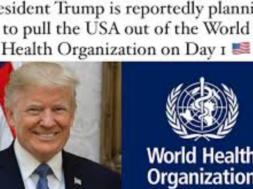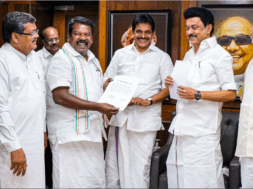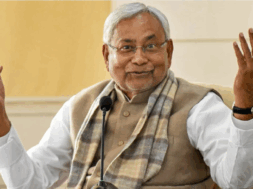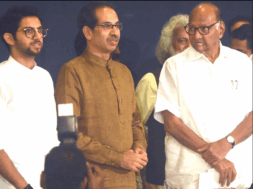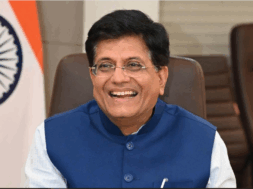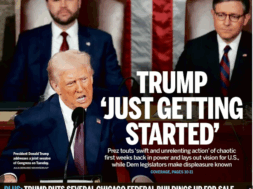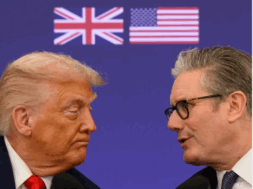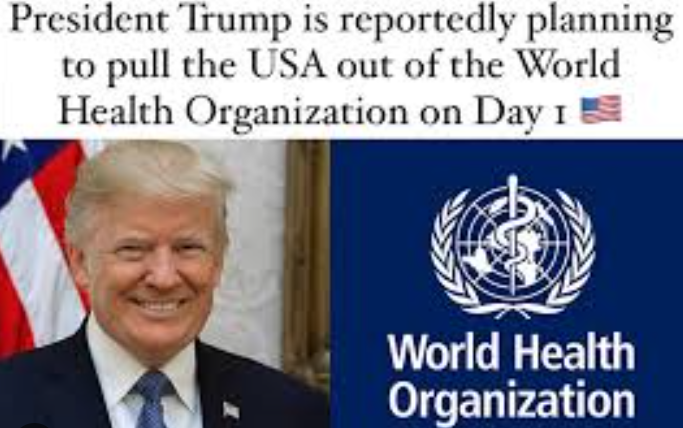
WHO: Trump team to withdraw the US from global health watchdog
Virendra Pandit
New Delhi: President-elect Donald Trump’s team is preparing to withdraw the US from the World Health Organization (WHO) which may cripple the global health watchdog’s resources and finances, the media reported on Tuesday.
Washington may make this decision on the day of the new President’s inauguration, which is scheduled for January 20, 2025.
As the WHO’s single largest, the US contributed 16 percent of its funding for the 2022-2023 period. The reports said a sudden exit could create a significant void in global health financing and leadership.
The Financial Times reported on this decision, initiated during Trump’s previous presidential term in 2020.
The possible reasons for the US withdrawal from the WHO were the latter’s ‘poor’ handling of the COVID-19 pandemic and its alleged ties to China.
In a statement, Trump claimed, “Unfortunately, the World Health Organization has failed badly… not only in its response to COVID-19 but to other health crises in recent decades.”
He also emphasized the need for the WHO to demonstrate independence from the Chinese Communist Party.
The proposed withdrawal would reverse President Joe Biden’s decision to rejoin the WHO, which he enacted on his first day in office in 2021.
Analysts have expressed concerns about the implications of the US withdrawal. Lawrence Gostin, a global health law professor at Georgetown University, warned that it would leave a “huge vacuum” in global health financing and leadership, describing the potential decision as “catastrophic” for the organization’s ability to respond to public health crises.
Ashish Jha, former COVID response coordinator under Biden, echoed these sentiments, stating that US disengagement would hinder global health surveillance and preparedness for future pandemics. He cautioned, “If you’re not engaged in these institutions, you do not have ears to the ground when the next outbreak happens.”
While some in Trump’s camp advocate for reforming the WHO from within, proponents of complete withdrawal appear to dominate the conversation, suggesting that the exit is likely to proceed.
